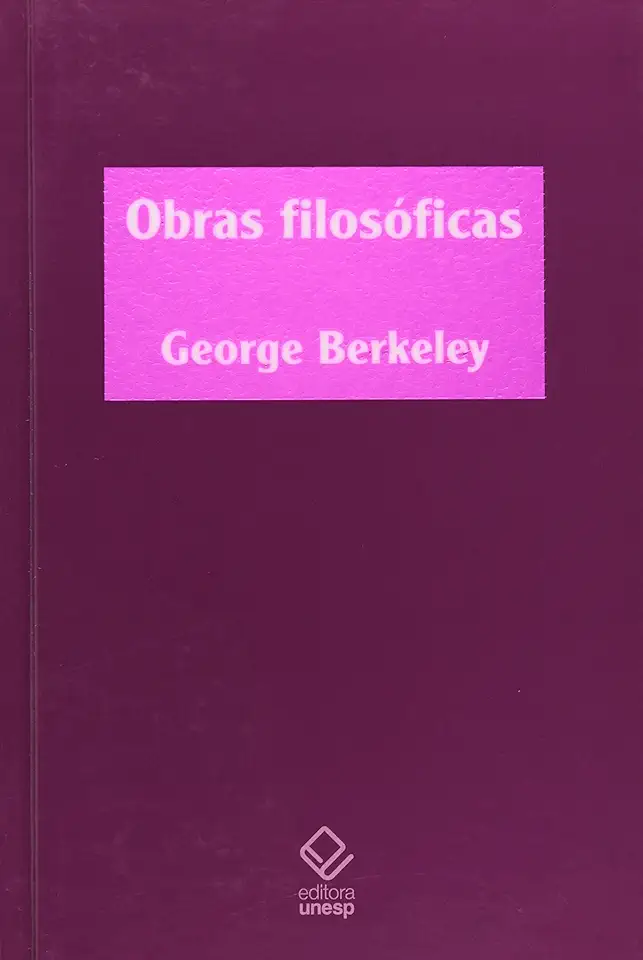
A Treatise Concerning the Principles of Human Knowledge - George Berkeley
A Treatise Concerning the Principles of Human Knowledge: An Introduction
In his seminal work, "A Treatise Concerning the Principles of Human Knowledge," George Berkeley presents a groundbreaking philosophical exploration of the nature of reality, perception, and the existence of the material world. Berkeley's profound insights and compelling arguments challenge conventional assumptions and offer a unique perspective on the relationship between the mind and the external world.
The Immateriality of the World
Central to Berkeley's philosophy is the notion that the material world, as we perceive it, does not exist independently of the mind. He argues that all objects, qualities, and sensations are nothing more than ideas in the mind, and that there is no such thing as matter in itself. Berkeley's immaterialist position is rooted in his analysis of perception, which he claims is the only way we can access the world around us.
The Mind as the Source of Reality
Berkeley contends that the mind is the sole source of reality and that all objects and qualities are merely mental constructs. He argues that we do not directly perceive external objects, but rather our own ideas of those objects. For instance, when we see a tree, we do not perceive the tree itself, but rather our mental representation of the tree, which is an idea in our mind.
The Role of God
In Berkeley's philosophy, God plays a crucial role as the sustaining power behind the world of ideas. He argues that God's constant and immediate presence in our minds is what gives rise to the consistent and orderly nature of our perceptions. Berkeley's concept of God as the active agent behind our experience of the world provides a theological foundation for his immaterialist philosophy.
The Implications of Berkeley's Philosophy
Berkeley's philosophical insights have profound implications for our understanding of reality, knowledge, and the nature of the mind. His immaterialist position challenges the traditional dualism of mind and matter, suggesting that the material world is not an independent entity but rather a product of our own minds. This perspective has influenced subsequent philosophical thought and continues to inspire contemporary debates on consciousness, perception, and the relationship between the mind and the world.
Why You Should Read "A Treatise Concerning the Principles of Human Knowledge"
"A Treatise Concerning the Principles of Human Knowledge" is a must-read for anyone interested in philosophy, metaphysics, and the nature of reality. Berkeley's brilliant arguments and thought-provoking insights offer a unique and challenging perspective on the world we experience. This seminal work is a classic of philosophical literature that continues to captivate and inspire readers to this day.
Conclusion
George Berkeley's "A Treatise Concerning the Principles of Human Knowledge" is a philosophical masterpiece that offers a profound exploration of the nature of reality, perception, and the existence of the material world. Berkeley's immaterialist philosophy challenges conventional assumptions and provides a unique perspective on the relationship between the mind and the external world. This influential work is a must-read for anyone seeking to deepen their understanding of philosophy and the fundamental questions of human existence.
Enjoyed the summary? Discover all the details and take your reading to the next level — [click here to view the book on Amazon!]